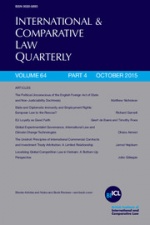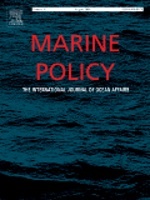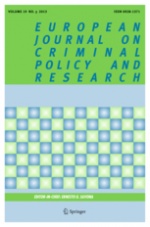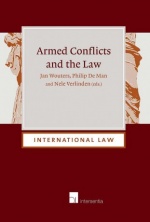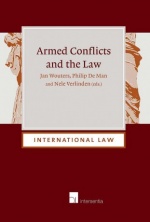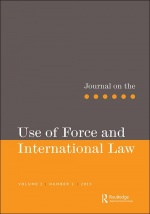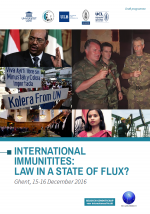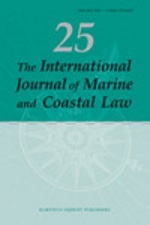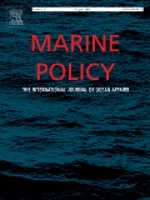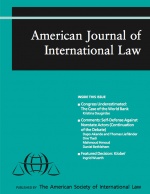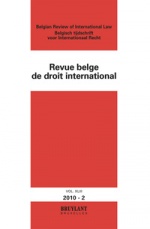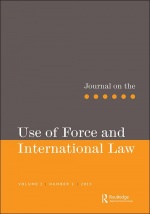Disconnecting Humanitarian Law from EU Subsidiary Protection: A Hypothesis of Defragmentation of International Law
Leiden Journal of International Law, Volume 29, Issue 02, juni 2016, pp 463-483
The development of the Common European Asylum System (CEAS) has often revealed the tight interrelation between refugee law, humanitarian law and international criminal law. It has been argued that the latter bodies of law have, infact, played a major role in the development of most key concept of the European Union asylum acquis.
Drawing from the judgment issued by the Court of Justice of the European Union (CJEU) in Diakite, this article aims to prove that this assumption is not always true, especially with reference to the interpretation of specific concepts of international humanitarian law (IHL) and, in particular, the controversial notion of ‘internal armed conflict’. In tackling the sensitive issue of clarifying the meaning of ‘internal armed conflict’ in order to investigate the grounds to warrant subsidiary protection under the Qualification Directive, the Court provided an autonomous interpretation that goes beyond IHL, thus offering another occasion to investigate the interrelation between international law and the EU legal order.
While contributing to the ongoing debate on the relationship between international law and theEUlegal order, the article will consider the impact of the Court’s reasoning on the EU asylum acquis, and will consider whether disconnecting the Qualification Directive from IHL, instead of producing further fragmentation of international law, may contribute to its defragmentation, conceived of as a harmonic co-ordination of different branches of law.

